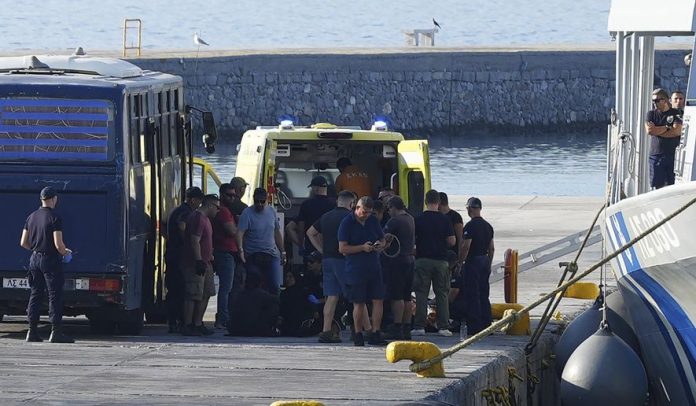According to authorities, Greece plans to regularise the status of more than 300,000 migrants currently in the country in an attempt to help various industries facing labour shortages, Schengen News reports.
Greek Migration Minister Dimitris Kairidis said this week that authorities planned to mainly reduce shortages in the construction, agricultural and tourism sectors by integrating irregular migrants.
According to Minister Kairidis, the plan includes illegal migrants who do not have any documents and those whose residence permits have expired.
As the Financial Times explains, in addition to announcing the country’s plans, Minister Kairidis said that the initiative would not affect the increase in illegal migration to Greece. On the contrary, he believes that thanks to this initiative, there will be an increase in public revenues and the problem of labour shortages in some sectors will be solved.
Although a plan to regularise more than 300,000 migrants and integrate them into the labour market has already been announced, authorities said it still needed to be formalised, but did not give a specific date.
Greece is one of the countries in the European Union that registers a large number of irregular migrants every month. This is influenced by Greece’s geographical location. According to Greek authorities, three times more migrants arrived in Greece in August than in the same month last year. It is noted that a total of 715 migrants arrived in Greece in August this year.
The Financial Times reports that Greece has also recorded a large number of migrant arrivals this month. About 7,000 people have arrived on Greek islands since the beginning of September, pushing the capacity of migrant reception centres to the limit.
For years, the world community has criticised Greece for its harsh treatment of migrants. At the same time, the Greek government says that from now on its migration policy will be tough and fair at the same time.
Minister Kairidis told the Financial Times that authorities would continue to closely guard the borders even as the country planned to regularise hundreds of thousands of migrants and integrate them into the labour market. The minister emphasised that the authorities will continue to provide “humane conditions for asylum seekers”.
Greek authorities note that labour shortages have affected the agricultural sector the most. Some labour centres have already stated that due to the small number of workers, a large amount of fruit was wasted. They also called on the government to take action as soon as possible, because without additional help they could not gather the harvest.
